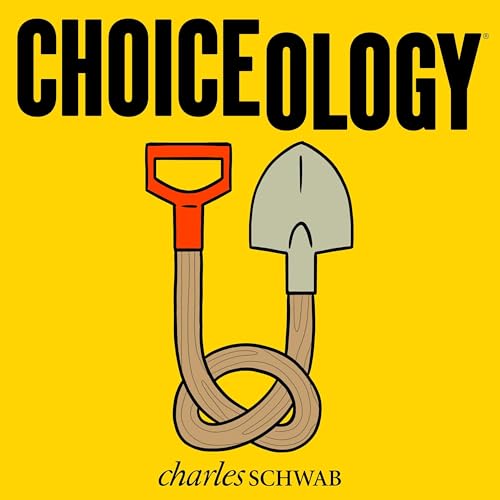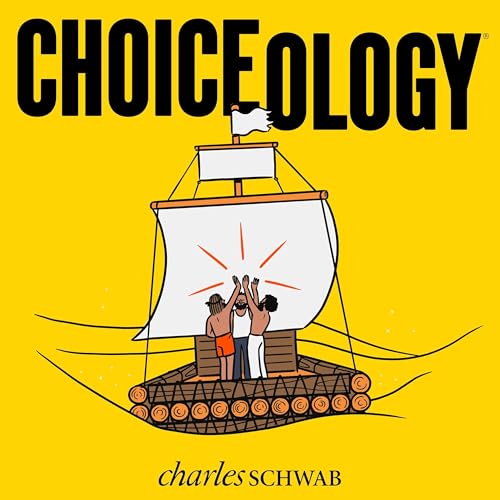
Choiceology with Katy Milkman
Failed to add items
Sorry, we are unable to add the item because your shopping cart is already at capacity.
Add to Cart failed.
Please try again later
Add to Wish List failed.
Please try again later
Remove from wish list failed.
Please try again later
Follow podcast failed
Unfollow podcast failed
-
Narrated by:
-
Written by:
-
Charles Schwab
About this listen
Episodes
-
 Sep 22 202538 mins
Sep 22 202538 minsFailed to add items
Sorry, we are unable to add the item because your shopping cart is already at capacity.Add to Cart failed.
Please try again laterAdd to Wish List failed.
Please try again laterRemove from wish list failed.
Please try again laterFollow podcast failed
Unfollow podcast failed
-
 43 mins
43 minsFailed to add items
Sorry, we are unable to add the item because your shopping cart is already at capacity.Add to Cart failed.
Please try again laterAdd to Wish List failed.
Please try again laterRemove from wish list failed.
Please try again laterFollow podcast failed
Unfollow podcast failed
-
 Aug 25 202537 mins
Aug 25 202537 minsFailed to add items
Sorry, we are unable to add the item because your shopping cart is already at capacity.Add to Cart failed.
Please try again laterAdd to Wish List failed.
Please try again laterRemove from wish list failed.
Please try again laterFollow podcast failed
Unfollow podcast failed
No reviews yet



